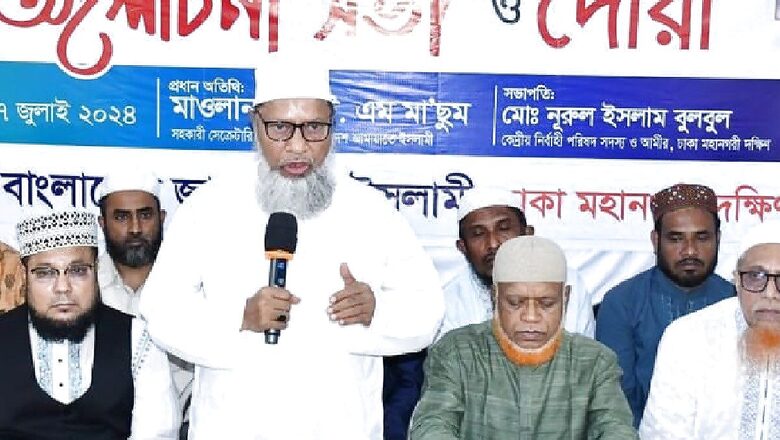
views
The Bangladesh government on Thursday banned radical Islamist group Jamaat-e-Islami and its youth wing, Islami Chhatra Shibir, for creating unrest and participating in violence during the recent student protests against government job quotas.
Students Against Discrimination staged nationwide rallies last month that ended in a police crackdown and the deaths of at least 206 people. The Sheikh Hasina-led government alleges that the radical Islamist group, which is also Bangladesh’s largest Islamist group, hijacked the protest and spearheaded looting, violence and damage of public property.
Bangladesh’s Prime Minister Sheikh Hasina and her political partners blamed Jamaat-e-Islami, its Islami Chhatra Shibir student wing and other associate bodies for inciting violence during recent student protests over a quota system for government jobs.
The group and its youth wing were banned under Section 18(1) of the Anti-Terrorism Act of Bangladesh after an executive order was issued by the government.
Both entities have now been labelled as “militant and terrorist” organisations under the new notification.
“These outfits cannot function as political parties after this order has been passed,” Bangladesh law minister Anisul Haque told Prothom Alo.
Jamaat-e Islami was founded during British colonial rule in 1941 by a controversial Islamist scholar and campaigned against the creation of Bangladesh as an independent state during the war of independence from Pakistan in 1971.
The group is also known for colluding with the Pakistan Army during the 1971 Liberation War and helped the Pakistan Army hunt down freedom fighters seeking liberation from Pakistan, murder and torture intellectuals and train people to fight against the muktijoddhas (freedom fighters under Sheikh Mujibur Rahman) and the Indian Army that helped Bangladesh win the 1971 war.
Several leaders of the radical outfit also fled to Pakistan following the defeat of the Pakistan Army at the hands of the muktijoddhas and the Indian Army. Its several leaders like Delwar Hossain Sayeedi, Muhammad Kamaruzzaman, Ghulam Azam and Ali Ahsan Mohammad Mojaheed were given the death penalty for war crimes following the 2013 Shahbag Protests.
The party formed the Razakar and Al-Badr brigades that committed war crimes and acts of genocide which included rape of Hindu and Muslim women and their murder, mass killings, murder and torture.
The party was banned after Bangladesh’s independence in 1971 for its role in the mass killings and atrocities under the administration of Sheikh Mujibur Rahman, Bangladesh’s founding leader and Hasina’s father. The ban was lifted in 1976, a year after Rahman was assassinated along with most of his family members in a military coup. Only Hasina and her younger sister Sheikh Rehana survived as they were touring Germany in 1975.
The outfit in recent years has been accused of religious persecution as well.
In 2013, after the Bangladesh International Crimes Tribunal (ICT) sentenced the outfit’s leader Delwar Hossain Sayidee to death, the group burnt over 50 temples across Bangladesh and attacked Hindus and other minority groups in Bangladesh.
It also has been accused of being linked to Al Qaeda inspired Islamic extremist group in Bangladesh Ansarullah Bangla Team (ABT) that carried out some brutal attacks and murders of atheists, freethinkers and LGBTQIA+ activists from 2013 to 2015.
The group is currently being led by Shafiqur Rehman, who is emir of the group.
He rejected the decision in a statement, calling it anti-constitutional, and denied it was behind the recent violence.
“The government carried out massacres by party cadres and state law and order forces in the country to suppress the non-political movement of students. The country’s teachers, cultural personalities, journalists and people of different professions are protesting against this genocide of the government,” said Shafiqur Rahman, the party chief.
The group was declared illegal by the Bangladesh Supreme Court in 2013 which also rendered it unfit for fighting elections.
Jamaat had also been banned earlier twice, in 1959 and 1964 in Pakistan, for its communal role.
The party held two Cabinet portfolios under a power-sharing agreement with former Prime Minister Khaleda Zia, an arch-rival of Hasina and head of the main opposition Bangladesh Nationalist Party, in 2001-2006.
Mirza Fakhrul Islam Alamgir, secretary-general of Zia’s party, on Tuesday said that the decision to ban Jamaat-e-Islami is a tactic of Hasina’s administration to divert attention from the current political situation following recent violence.










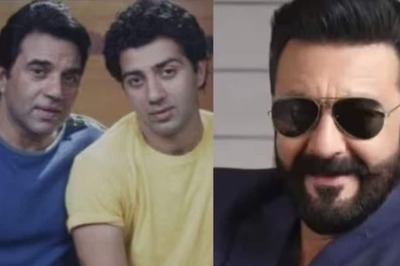
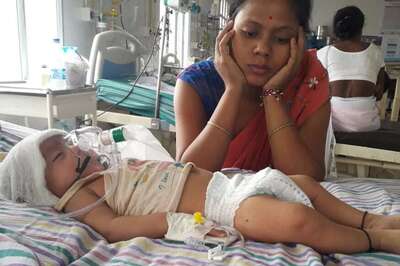


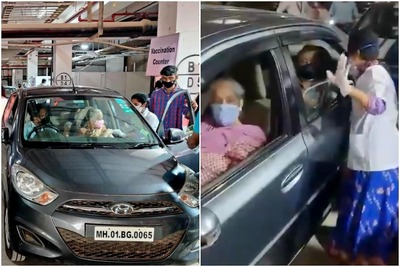


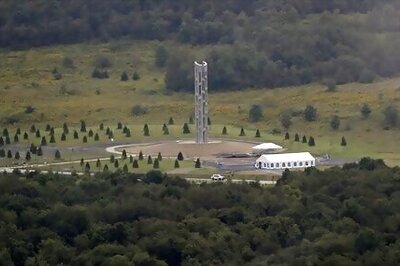
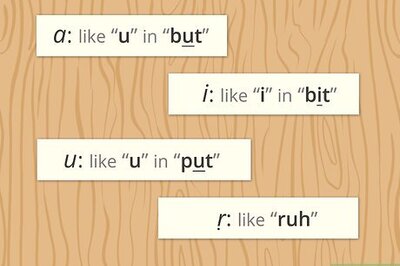

Comments
0 comment